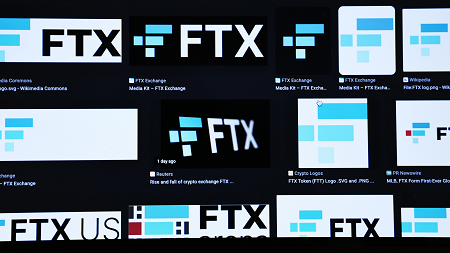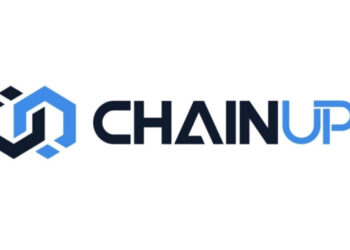FTX’s attempt to conceal the identities of its non-American customers during its bankruptcy proceedings has drawn criticism from mainstream media outlets.
On April 4, 2023, Bloomberg, The Financial Times, The New York Times, and its parent company Dow Jones & Company objected to FTX’s redaction of non-American customers’ names in a filing to a Delaware bankruptcy court. The media outlets argued that the press and the public have a presumptive right of access to bankruptcy filings.
Media group files objection to redacting FTX customer names.
If the objection succeeds, the names of up to 1.4 million customers and their FTX balances would be made public. pic.twitter.com/w0avsJ6JYv
— FTX 2.0pium (FTX Creditor) (@AFTXcreditor) April 5, 2023
The media outlets believe that FTX and its clients have failed to demonstrate a need for such confidentiality, even though FTX’s debtors are allowed to request the redaction of creditors’ names in bankruptcy filings and have done so.
On December 28, 2022, the Ad Hoc Committee of Non-US Customers of FTX.com stated in a filing that revealing the names and other private information of non-US customers would expose them to identity theft, targeted assaults, and other forms of harm.
On January 11, 2023, Judge John Dorsey responded to the Committee’s filing on December 28, 2022, by permitting the withholding of clients’ names and addresses for an additional three months, stating that he was reluctant to reveal private information that could jeopardize creditors.
In their latest filing, the media sites argued that under the bankruptcy code and the first amendment of the United States constitution, the public and press have the right of access to bankruptcy filings. Litigants who try to evade the public’s right of access to bankruptcy filings and conceal information that is assumed to be public bear a heavy burden of proof.
They further argued that the permanent sealing of users were legal under the justifications presented by FTX and the Committee, then the names of customers in nearly every bankruptcy procedure would be routinely sealed.
They proposed that the court reject two actions by the Committee: first, the redaction of its members’ names in its Rule 2019 statement, and second, the extension or prolongation of the redaction period.
Concerns have been raised on Twitter about the General Data Protection Regulation (GDPR) for clients who are members of the European Union (EU).
This would be a huge privacy violation. Is this even allowed with General Data Protection Regulation (GDPR) for EU clients?
— btc4all (FTX 2.0 Advocate) (@jjjbtc) April 5, 2023
Wouldn’t even be allowed under GDPR regulations for majority of customers.
Just wasting more money to lawyer fees…
— Lamps (FTX 2.0 Advocate) (@cryptolamps) April 5, 2023
The GDPR was said to be addressed, but there is no precedent that the European Union would enforce it. More on this issue will be discussed in the next hearing on April 12, 2023.
They address GDPR, basically saying there is no precedent or expectation that the EU would even enforce it, nor that a US bankruptcy court should even consider EU law.
It will be interesting to follow the court hearing on April 12th.
— FTX 2.0pium (FTX Creditor) (@AFTXcreditor) April 5, 2023
Earlier, FTX’s European arm, FTX EU, which is now defunct, launched a new website that allows European users to request withdrawals of any remaining funds held by the exchange.
According to FTX EU, the website will only be used to compensate affected clients and will not offer any other products or services. Moreover, it clarified that only clients of FTX EU who wish to recover their fiat holdings would have access to this website.
If you want to read more news articles like this, visit DeFi Planet and follow us on Twitter, LinkedIn, Facebook, Instagram, and CoinMarketCap Community.
“Take control of your crypto portfolio with MARKETS PRO, DeFi Planet’s suite of analytics tools.”





















